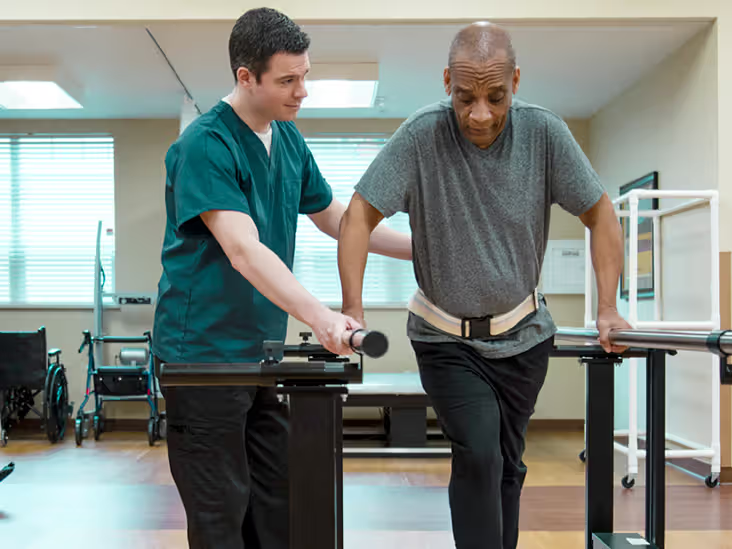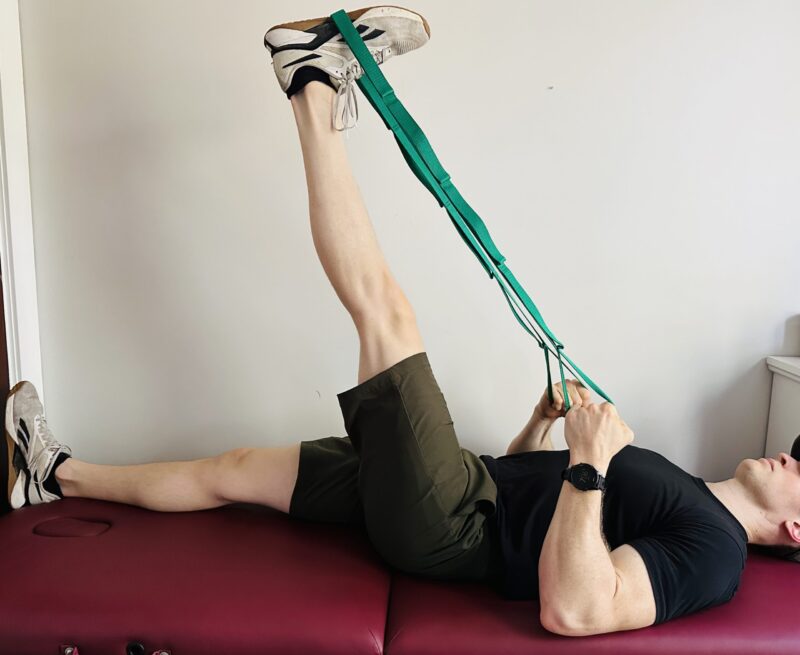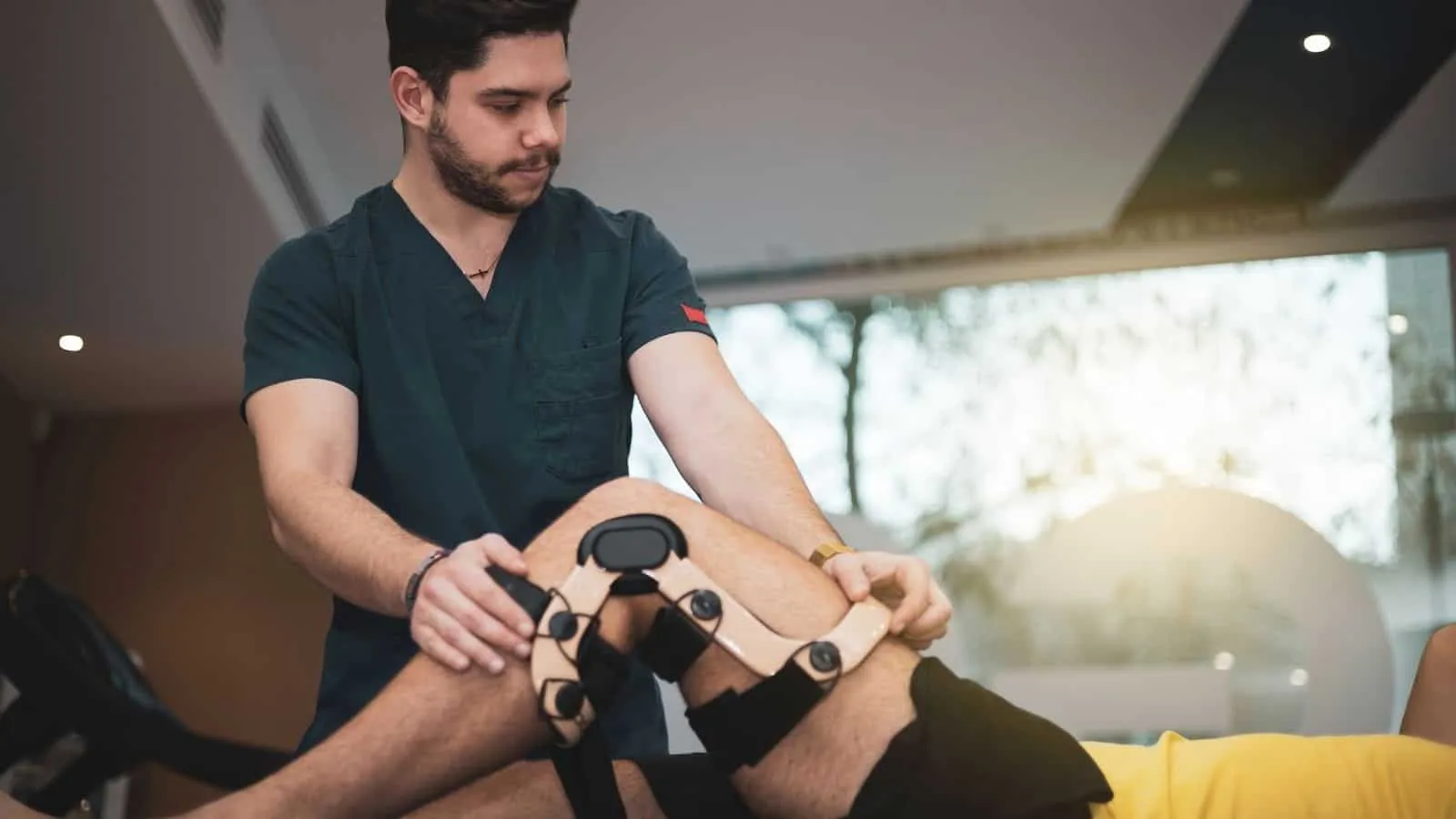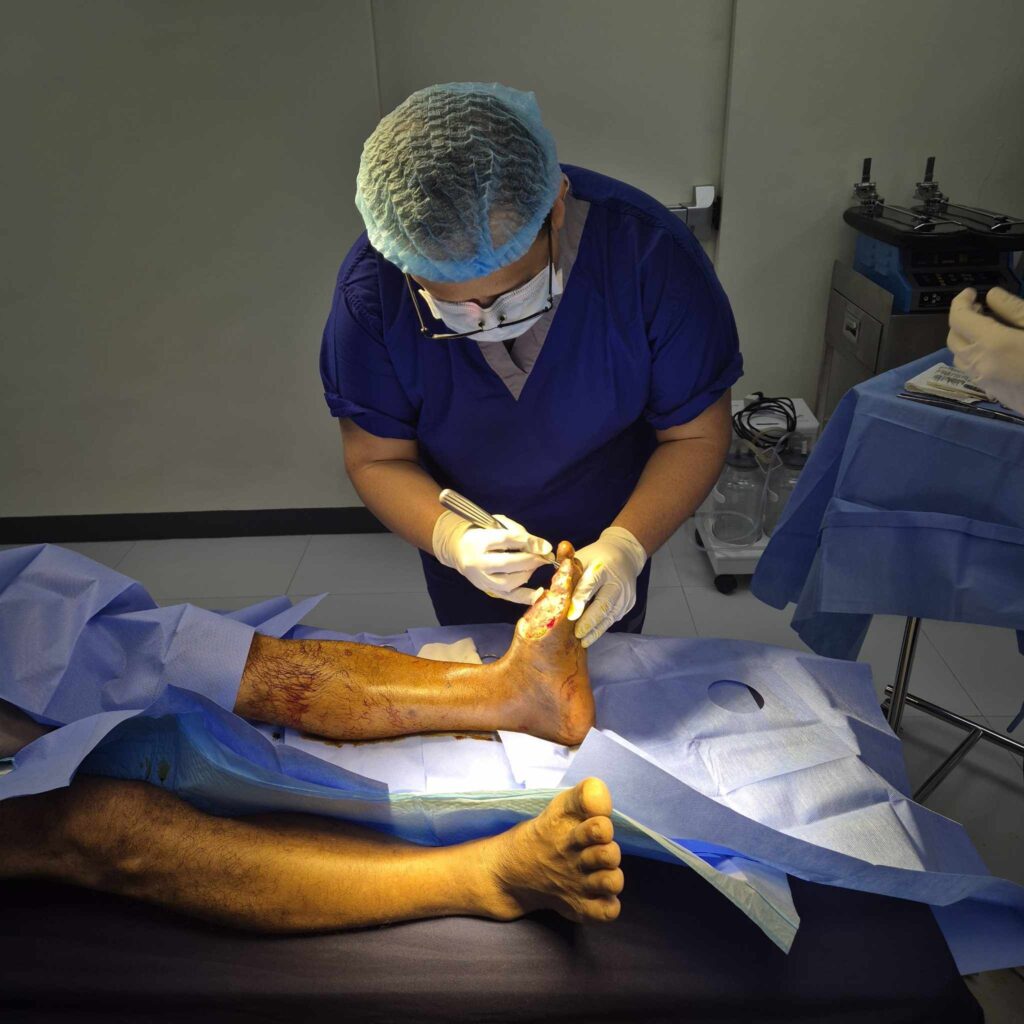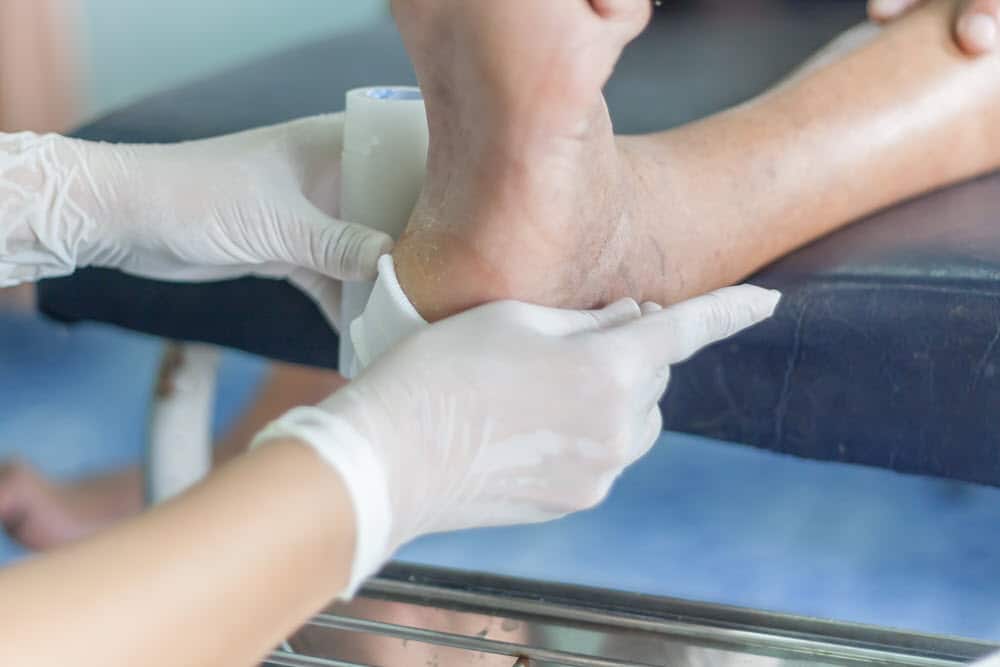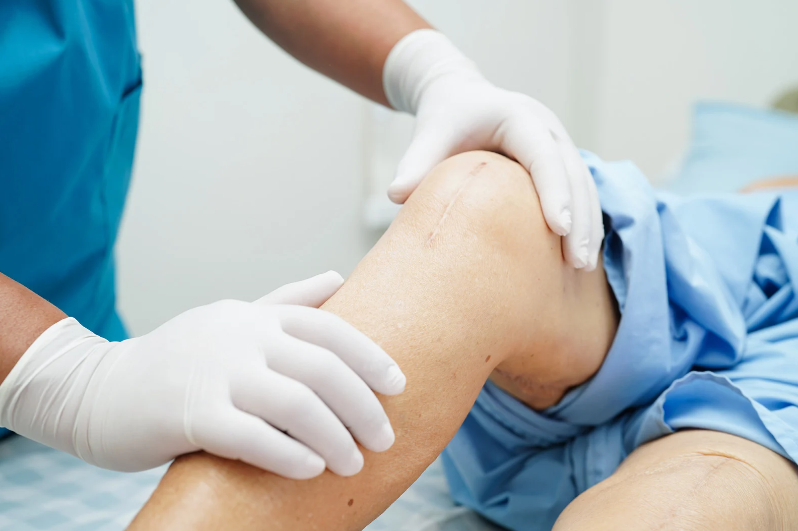Preparing for knee replacement surgery is an important step toward regaining mobility and improving quality of life. One of the most effective ways to enhance your recovery is through pre surgery knee replacement exercises. These exercises strengthen the muscles surrounding the knee, improve flexibility, and promote joint stability. By preparing your body in advance, you can reduce post-surgery complications and support a smoother rehabilitation journey.
Why Pre-Surgery Knee Exercises Matter
Muscle strength and joint stability play a critical role in post-operative recovery. Engaging in pre surgery knee replacement exercises helps improve the strength of key muscles that support the knee, reduces stiffness, and maintains a functional range of motion. Patients who commit to pre-surgery exercises often experience faster mobility restoration, less discomfort, and an overall shorter rehabilitation period.
Pre-surgery preparation also reduces stress on the surgical site, making the knee more resilient during and after the procedure. Beyond the physical benefits, these exercises encourage a sense of control and readiness, which can positively influence mental wellbeing during recovery.
Key Muscles to Focus On
Targeting specific muscle groups can maximize the effectiveness of pre surgery knee replacement exercises. The quadriceps are crucial for knee extension and stability, while hamstrings contribute to knee bending and balance. Glute and hip muscles assist with walking, standing, and weight distribution, and calf muscles support movement and circulation. Focusing on these areas ensures that the knee is supported by strong, coordinated muscle groups.
Safe Pre Surgery Knee Replacement Exercises
Several exercises are both effective and safe for pre-surgery preparation. Quadriceps sets involve tightening the thigh muscles while keeping the leg straight, which helps strengthen the quadriceps without placing stress on the knee joint. Straight leg raises build strength in the thigh and hip while maintaining knee alignment. Heel slides improve flexibility by gently bending and straightening the knee while lying down. Seated knee extensions also target the quadriceps while reducing joint pressure. Mini squats, performed under supervision, can help build functional strength. Performing these exercises consistently, with attention to form, repetitions, and frequency, prepares the knee for surgery without risking further damage.
Knee Replacement Exercises to Avoid
Even during pre-surgery preparation, certain movements can worsen joint health or increase the risk of injury. High-impact exercises such as running or jumping place excessive stress on the knee. Deep squats beyond 90 degrees and heavy weight lifting that strains the knee should be avoided. Twisting, pivoting, or lunging on uneven surfaces can destabilize the joint and cause pain. Recognizing which activities to skip is a critical part of an effective pre-surgery routine. By avoiding these movements, you can ensure that pre surgery knee replacement exercises contribute positively to your recovery rather than hinder it.
Tips for Maximizing Pre-Surgery Exercise Benefits
Consistency is key when performing pre surgery knee replacement exercises. Gradual progression in intensity and repetitions helps muscles adapt safely. Starting with gentle warm-ups and ending with cool-down stretches reduces stiffness and improves blood flow. Using supportive devices such as knee braces or resistance bands can add stability while enhancing strength gains. Monitoring pain levels and stopping exercises if discomfort increases ensures that you avoid overexertion and minimize the risk of injury.
Maintaining proper nutrition and hydration complements the benefits of pre-surgery exercises. A diet rich in protein, vitamins, and minerals supports muscle health and tissue repair. Adequate hydration promotes circulation and reduces inflammation, further preparing the knee for surgery.
Working With a Physical Therapist
A physical therapist can create a personalized program of pre surgery knee replacement exercises tailored to your specific needs and limitations. Professional guidance ensures that exercises are safe, effective, and adapted to your current fitness level. Therapists can also provide strategies to transition smoothly into post-surgery rehabilitation, reducing the likelihood of setbacks and speeding up recovery.
Physical therapy sessions allow for close monitoring of progress, correct technique, and adjustments to the exercise plan. For patients traveling abroad for surgery, telemedicine consultations can maintain continuity and ensure pre-surgery exercises are performed correctly.
Mental Preparation and Lifestyle Considerations
Mental readiness is an essential component of surgery preparation. Engaging in pre surgery knee replacement exercises can enhance confidence and reduce anxiety by giving patients a sense of control over their recovery. Stress reduction techniques such as deep breathing, meditation, or gentle yoga can complement physical preparation.
Lifestyle choices also impact surgical outcomes. Sufficient sleep supports tissue repair and reduces inflammation. Avoiding smoking and limiting alcohol intake promotes healing and reduces complications. Adopting a proactive approach to health creates an environment in which your knee replacement can succeed.
Takeaway
Pre-surgery preparation can dramatically influence the success of knee replacement surgery. Engaging in pre surgery knee replacement exercises strengthens the muscles surrounding the knee, enhances joint stability, and improves overall mobility. By avoiding high-impact and unsafe exercises, following professional guidance, and maintaining a supportive lifestyle, patients can enter surgery ready for a smoother, more effective recovery. Taking these steps ensures that the benefits of knee replacement are maximized and life’s activities can be enjoyed once again without restriction.
FAQ
Can pre-surgery exercises reduce pain after knee replacement?
Yes, performing pre surgery knee replacement exercises can strengthen supporting muscles and reduce stress on the joint, often leading to less post-operative pain.
How often should I do pre-surgery knee exercises?
Consistency matters more than intensity. Most patients benefit from daily or at least 4–5 times per week, with guidance from a physical therapist.
Are there exercises I can do at home safely before surgery?
Yes, exercises like quadriceps sets, straight leg raises, heel slides, and seated knee extensions can be performed at home. Avoid high-impact movements and deep squats.
How long before surgery should I start exercising?
Starting pre surgery knee replacement exercises 4–6 weeks before surgery is ideal, allowing enough time to strengthen muscles and improve flexibility.
Can I perform exercises if my knee is swollen or painful?
Gentle, low-resistance exercises are usually safe, but it is important to consult your orthopedic specialist or physical therapist to avoid worsening the condition.

